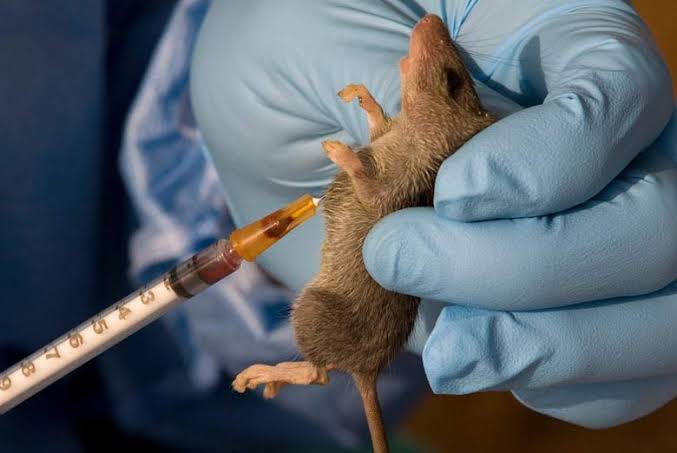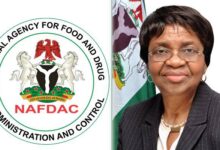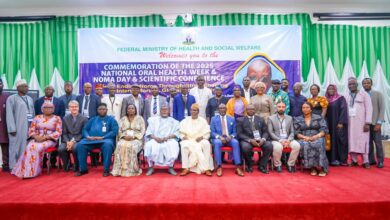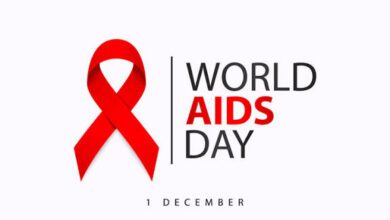
The Nigeria Centre for Disease Control and Prevention (NCDC) says the country recorded 9,492 suspected cases of Lassa Fever this year, out of which 1,154 were confirmed positive to the disease leading to 190 deaths.
Director General of the NCDC, Dr. Jide Idris disclosed this on Monday, at a press conference on Lassa Fever Outbreak, Updates, Preparedness and Response Measures By The NCDC, held in Abuja.
“Cumulatively this year, we have recorded 9,492 suspected cases, 1,154 confirmed with 190 deaths. Six states make up 89% of the confirmed cases, namely: Ondo (29.7%), Edo (22.7%), Bauchi (17.9%), Taraba (8.8%), Benue (5.6%), and Ebonyi (4%). 10 LGAs (Owo, Etsako West, Esan West, Kirfi, Ardo-Kola, Toro, Ose, Akure South, Jalingo and Idah) accounted for almost 59% of the confirmed cases”, he said.
Dr. Idris noted that lassa fever remained endemic in Nigeria, posing a significant public health risk across all states. He added that the disease occured throughout the year, with peak transmission typically recorded between October and May.
He informed that there had been an alarming increase in Lassa fever cases and deaths in the last 4 weeks, signaling the outbreak’s severity.
The DG further stated that outbreaks typically occurred during the dry season, when human exposure to rodents was highest.
Dr. Idris explained that most Lassa Fever cases emerged from endemic areas, like Bauchi, Ondo, Edo, Taraba Ebonyi and Enugu, underscoring the need for targeted interventions in those states.
“First, the case fatality rate has consistently remained high, over 13%.
We have noted a rise in the number of suspected cases compared to a similar timeline in 2023. This, however, could be attributed to the increased / enhanced surveillance.
“Most cases continue to emerge from endemic areas, like Bauchi, Ondo, Edo, Taraba Ebonyi and Enugu, underscoring the need for targeted interventions in these states.
“These trends therefore demand a coordinated effort to strengthen our response and protect our vulnerable populations. Our goal is to reduce the number of cases and importantly, deaths
In addressing this situation, it is important to highlight the proactive measures taken by the Nigeria Centre for Disease Control and Prevention (NCDC) so far”, he said.
Dr. Idris informed that these efforts demonstrate the Agency’s commitment to preparedness, coordination, and response at all levels.
“We conducted a dynamic risk assessment to determine the appropriate emergency activation level.
“The risk has been categorized as High and Response Level 2 advised, and efforts to be tailored specifically to the states currently experiencing increased case burden”, the DG explained.
Speaking on efforts made so far to mitigate the outbreak, the DG said, “key prevention messages have been broadcast on local radio and TV stations in these hotspot states: Ebonyi, Bauchi, Benue, and Ondo states, with some of our Partners.
“To address environmental risks, rodent control exercises have been conducted in high-burden states like Edo, Ebonyi, Ondo, and Benue, targeting communities with high case counts by our partner MDAs”.






